Amidst the Cold War tensions, GDR punks and churches formed an unexpected partnership in the 1980s.
The 1980s was a tumultuous time in East Germany, with the state’s repressive nature creating an oppressive environment for its citizens. The punk movement, gaining momentum worldwide, found itself in an unusual alliance with churches in East Germany. Punktuation explores the role of churches in providing a platform for punk bands in the German Democratic Republic (GDR) during the 1980s and the impact this had on the punk movement and the wider society.
The Rise of Punk in East Germany
The punk movement emerged in East Germany as a response to the oppressive regime controlling every aspect of life in the GDR. Punks sought to challenge the status quo, using music as their primary weapon. As the punk scene grew, so did the state’s efforts to stifle it. The Stasi, East Germany’s secret police, targeted punks, subjecting them to harassment, imprisonment, and forced military service to quash dissent.
In the face of this adversity, the punk movement desperately needed a safe space to express its message and perform its music. The answer came in the form of an unlikely ally – the churches.
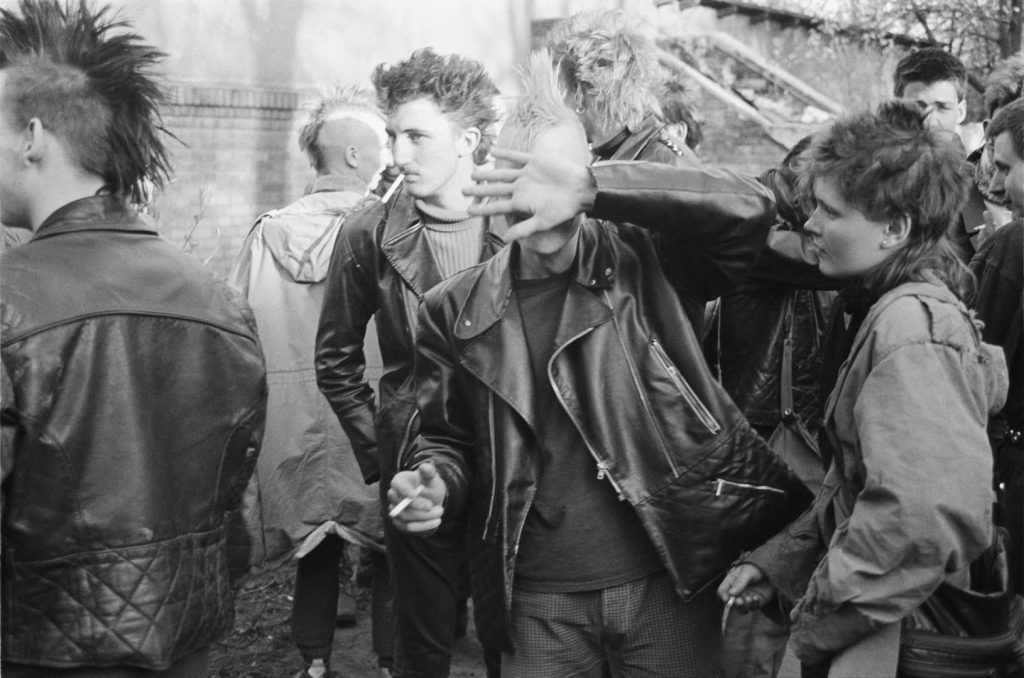
Churches as Punk Sanctuaries
While not all churches in East Germany were sympathetic to the punk movement, some saw the potential in using punk music as a tool to reach disaffected youth and encourage them to become politically active. These churches believed that by providing a platform for punk bands to perform, they could help to foster meaningful dialogue about the state’s oppressive regime.
The churches that aligned themselves with the punk movement were predominantly Protestant, and their willingness to support the punk scene stemmed from their own dissatisfaction with the state’s religious policies. The GDR had a policy of state atheism, which marginalized religious groups and actively discriminated against them.
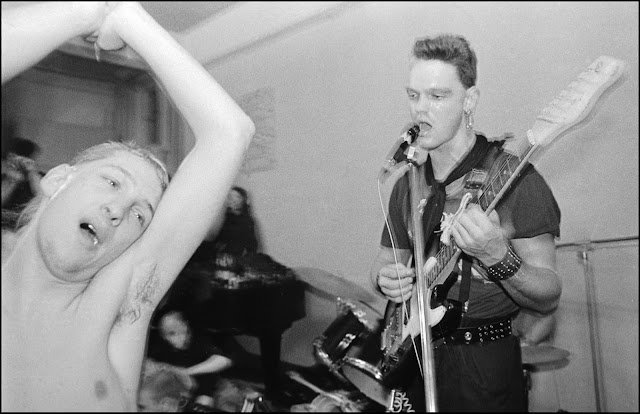
The church gigs played a significant role in the growth and development of the punk movement in East Germany. These events provided a platform for bands to perform and reach a wider audience, allowing them to spread their message of defiance and non-conformity. In turn, the punk movement helped to galvanize a generation of young people who became increasingly disillusioned with the GDR’s oppressive regime.
The church gigs also played a crucial role in fostering dialogue between different sections of society. By bringing together punks, religious leaders, and other concerned citizens, these events helped to create a space where issues of freedom, expression, and civil liberties could be discussed openly.
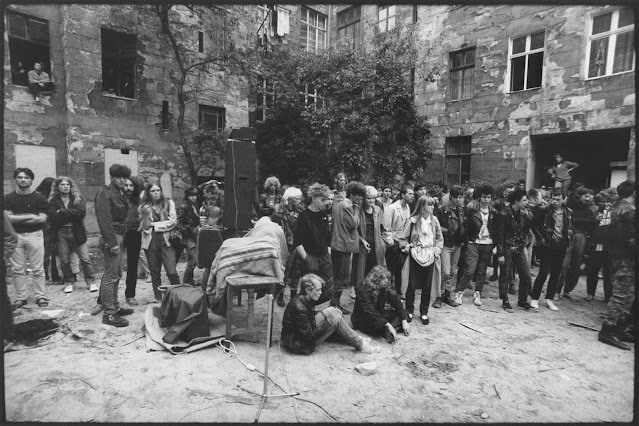
Ultimately, the unlikely alliance between GDR punks and churches played a significant role in the eventual collapse of the East German regime. The punk movement, fueled by the support of the churches, became a powerful force for change, helping to bring about the end of the GDR and the reunification of Germany.
The collaboration between GDR punks and churches in the 1980s is a fascinating example of how seemingly disparate groups can come together in the face of adversity. By providing a platform for punk bands to perform, these churches played a crucial role in the growth of the punk movement in East Germany and in fostering dialogue about the state’s oppressive regime. In doing so, they helped to bring about meaningful change and contributed to the eventual collapse of the GDR.
Do you want to know more? Check out the documentary OstPUNK! Too Much Future”. Directed by Carsten Fiebeler and Michael Boehlke, the documentary explores the punk rock movement in East Germany during the 1980s.
Need more Punk In Your Life?
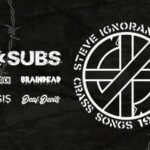
Steve Ignorant, U.K. Subs, Spanish, German and Belgian punk bands rock festival in Leuven
Saturday, 19 April saw the postponed 2024 Breaking Barriers festival in Leuven, Belgium. Two English punk icons ever since the 1970s, Steve Ignorant and UK
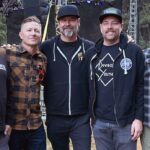
Album review: Another Damn Disappointment – ‘Bedlam’
The 90s Epitaph/Fat Wreck skate punk sound has made quite the comeback, and you can add Californian quintet Another Damn Disappointment to the list of
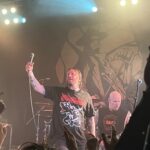
Comeback Kid, London Tufnell Park Dome, 20th April 2025
It’s strange to think that Comeback Kid started out as a mere side project, only to become its members’ main concern after their second record

Six of the Best – 20th April 2025
New Single, EP and Album releases from Tape It Shut – ‘Employee Of The Hour, The Molotovs – ‘More More More’, Gallus – ‘ Cool
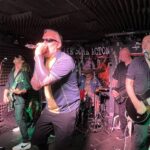
Shake Some Acton gig #88, London Hope & Anchor, 18th April 2025
Finally, the Easter weekend has arrived! it’s taken its own sweet time this year, and it probably won’t surprise you that here, at Punktuation Towers,

Brazilian punks Fantazmaz launch debut album with ferocious single ‘Dead On The Way Home’
We’ve reviewed Fantazmaz’s incendiary live shows at least twice in these pages, so we were delighted to discover that the Brazilian (but UK-based) quartet will
Callum Wyatt is a Dublin-based music journalist with a passion for punk and a love for uncovering the untold stories of music history. When he’s not writing, you can find him hanging out with his cat, Oscar.


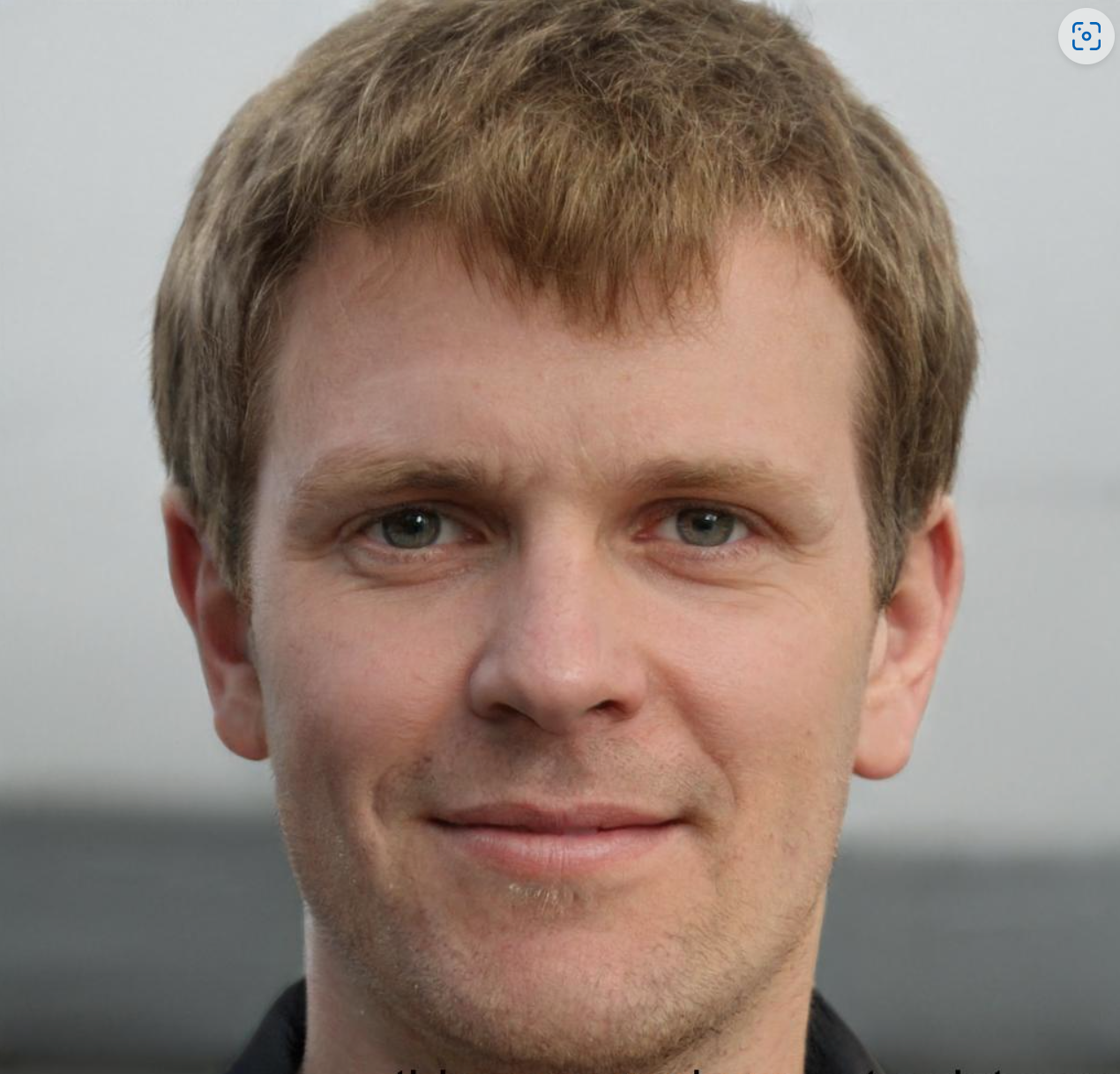

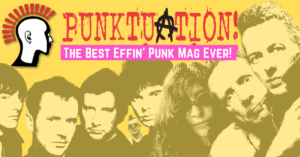 Did you know that we are 100% DIY? We run our own game. No one dictates to us, and no one drives what we can or cannot put on our pages – and this is how we plan to continue!
Did you know that we are 100% DIY? We run our own game. No one dictates to us, and no one drives what we can or cannot put on our pages – and this is how we plan to continue!